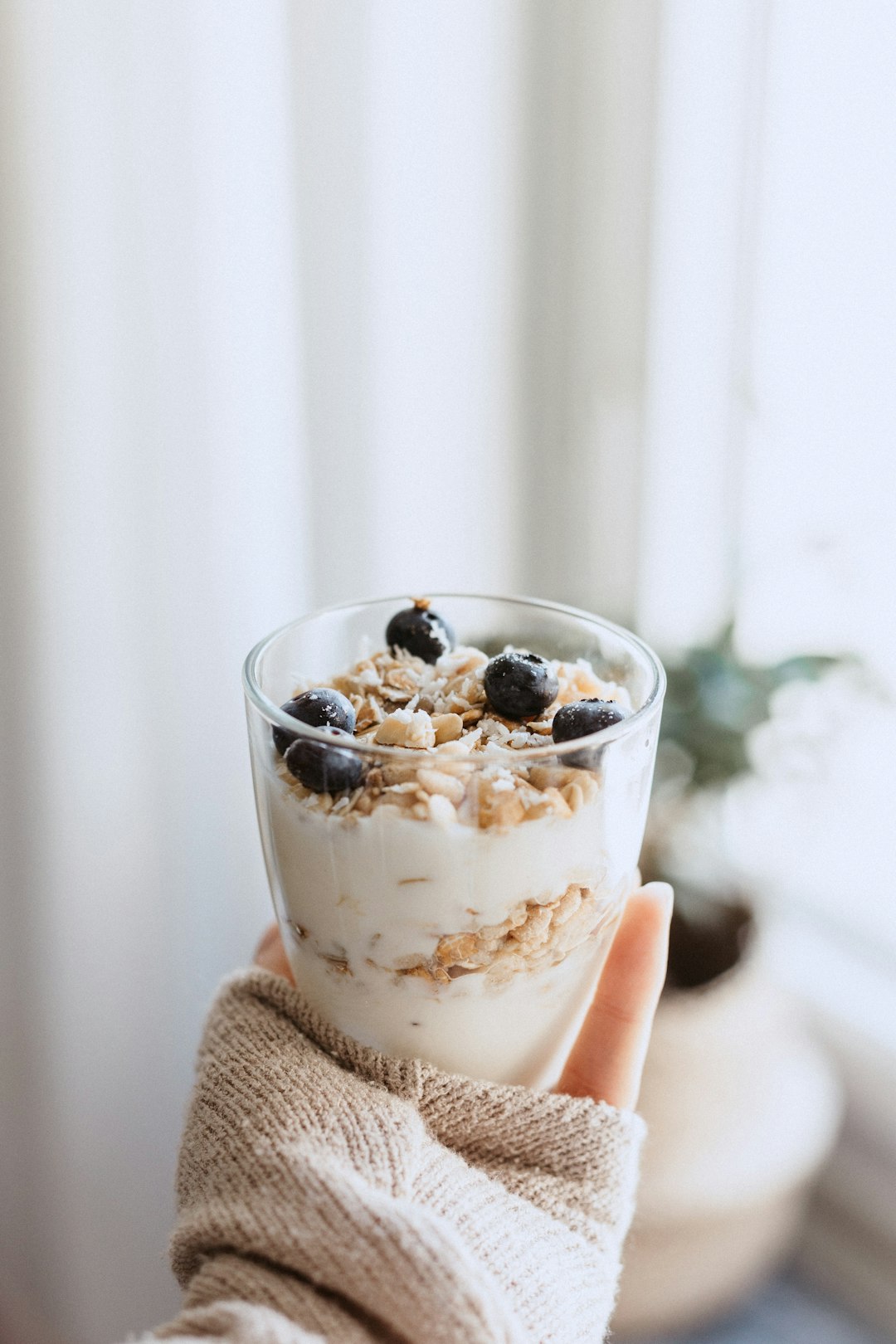In recent years, the popularity of plant-based diets has surged, with more and more people choosing to incorporate more plant-based foods into their daily meals. Whether you are looking to improve your health, reduce your environmental impact, or simply add more variety to your diet, there are countless reasons to embrace a plant-based lifestyle. In this blog post, we will explore the benefits of incorporating more plant-based foods into your diet and provide you with practical tips on how to make the transition easier.
Benefits of a Plant-Based Diet
There are numerous health benefits associated with plant-based diets. Research has shown that those who consume a diet rich in fruits, vegetables, nuts, seeds, and whole grains tend to have lower rates of chronic diseases such as heart disease, diabetes, and certain types of cancer. Plant-based diets are also typically lower in saturated fat and cholesterol, making them a heart-healthy choice for those looking to improve their cardiovascular health.
In addition to the health benefits, plant-based diets are also better for the environment. Animal agriculture is a major contributor to greenhouse gas emissions, deforestation, and water pollution. By choosing to eat more plant-based foods, you can help reduce your carbon footprint and lessen the strain on our planet’s resources.
Tips for Incorporating More Plant-Based Foods into Your Diet
If you are considering adopting a more plant-based diet but aren’t sure where to start, here are a few tips to help you make the transition easier:
1. Start Slowly: Instead of overhauling your entire diet overnight, try gradually incorporating more plant-based foods into your meals. Start by replacing one or two meals per week with plant-based options and gradually increase the number of plant-based meals as you become more comfortable with the change.
2. Focus on Whole Foods: When incorporating more plant-based foods into your diet, focus on whole, minimally processed foods such as fruits, vegetables, whole grains, legumes, nuts, and seeds. These foods are nutrient-dense and provide your body with essential vitamins, minerals, and fiber.
3. Experiment with Different Ingredients: Plant-based eating doesn’t have to be boring or bland. Experiment with different fruits, vegetables, grains, and legumes to discover new flavors and textures. Try incorporating ingredients like tofu, tempeh, quinoa, and lentils into your meals for added variety.
4. Get Creative in the Kitchen: Don’t be afraid to get creative in the kitchen and try out new plant-based recipes. Explore different cuisines and cooking techniques to keep things exciting and prevent boredom. There are countless plant-based recipe blogs, cookbooks, and online resources available to help you discover delicious and nutritious plant-based meals.
5. Stock Up on Plant-Based Staples: Keep your pantry and refrigerator stocked with plant-based staples such as canned beans, dried lentils, whole grains, nuts, seeds, and a variety of fruits and vegetables. Having these ingredients on hand will make it easier to throw together a quick and nutritious plant-based meal on busy days.
6. Don’t Forget About Protein: One common concern about plant-based diets is getting enough protein. Luckily, there are plenty of plant-based sources of protein, such as beans, lentils, tofu, tempeh, nuts, seeds, and whole grains. Make sure to include a variety of protein-rich foods in your diet to meet your daily protein needs.
7. Listen to Your Body: As you transition to a more plant-based diet, pay attention to how your body responds. Some people may experience digestive changes or changes in energy levels when they first start eating more plant-based foods. If you have any concerns or questions, consult with a healthcare provider or a registered dietitian.
Incorporating more plant-based foods into your diet can have a positive impact on your health, the environment, and your overall well-being. By following the tips outlined in this blog post and exploring new plant-based recipes and ingredients, you can make the transition to a plant-based diet easier and more enjoyable. Remember, it’s important to listen to your body and make choices that work best for you. Whether you choose to go fully plant-based or simply incorporate more plant-based meals into your diet, every small step towards a more plant-centric lifestyle can make a difference.

